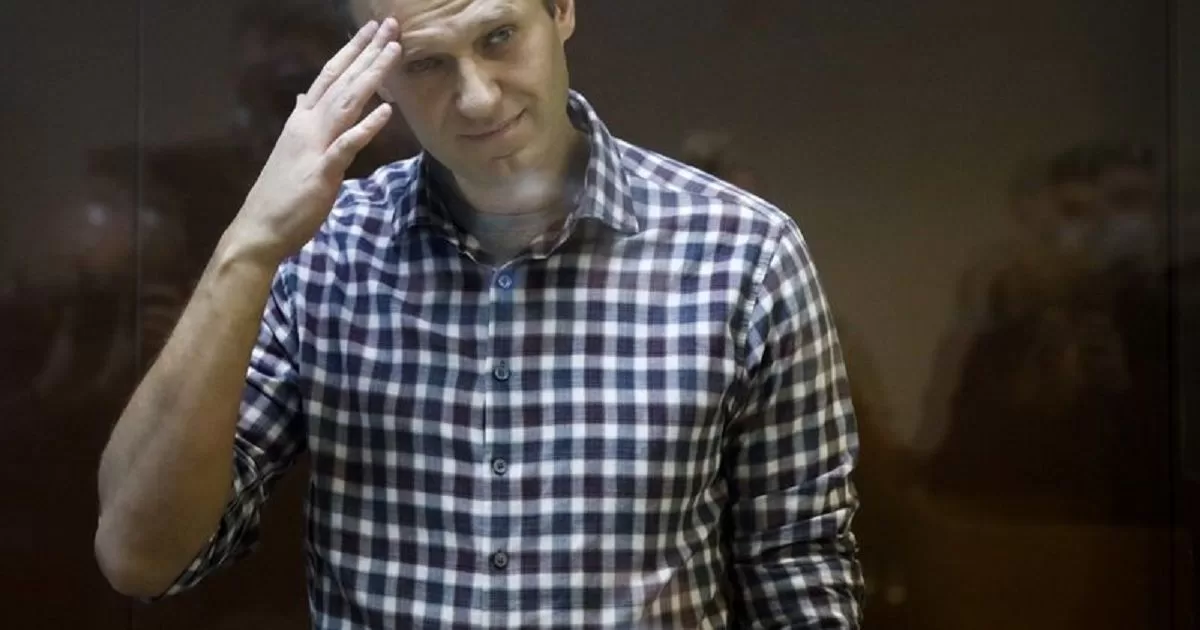MOSCOW.- Alexei Navalny (1976-2024), one of the most prominent leaders of the opposition against Vladimir Putin, died unexpectedly in the prison in the Yamal-Nenets region where he was serving a prison sentence of almost 30 years.
Unlike other opponents who made a career in Congress or in local governments, Navalny carved out a niche for himself among those disaffected with the Kremlin through the internet and social networks, from where he made the leap into politics, trying to win the Mayor’s Office. from Moscow, although without success.
In that 2013 event he came second, only behind the Kremlin candidate, Sergei Sobianin, mayor of the Russian capital since 2010. Before those elections, Navalny was imprisoned for the first time, a fact that would be repeated over the years. years, until in 2022 he was convicted of fraud.
That accusation, which led to a nine-year sentence, deprived him of being able to present his candidacy for the 2018 presidential election. Shortly after, he was arrested for having violated his parole when he traveled to Germany to be treated for a poisoning that many believe was the cause. Kremlin had something to do with it.
His arrest mobilized a part of Russian society, which took to the streets to demand his release in one of the largest concentrations in memory, in a country little given to this type of demonstrations.
Already in prison, in August 2023, Justice imposed another sentence on him for his Anti-Corruption Foundation, considered an extremist organization by Russian legislation. Behind bars he did not stop demonstrating through his lawyers, who in December of last year warned that they had lost contact with him.
In January 2024, one of his last statements, Navalni denounced before a judge the harsh prison conditions to which he was being subjected. “The punishment cell is usually a very cold place,” he alleged, stating that prisoners had to cover themselves with newspapers to avoid freezing.
That episode for which he had to be treated in Germany is not the only one from which Navalni has emerged successfully, as in prison he had to face other alleged attempts to end his life.
Already before, in 2019, in one of his several visits to prison, the prison’s medical services diagnosed him with a type of dermatitis that could have been caused by some type of toxin.
Two years earlier, he had to undergo surgery on one of his eyes at a clinic in Barcelona after someone threw a green antiseptic liquid known as zelyonka, a dye that for a time was very popular for attacking those who opposed it. to the Kremlin.
After the poisoning that kept him in a coma, he soon became one of the most prominent opposition figures to the Kremlin abroad. However, without the international media focus on him, his detractors recalled some of his xenophobic statements on social networks, or his assiduous participation in Russian far-right events.
Thus, recordings from 2007 and 2008 were dusted off in which he called immigrants “cockroaches” and defended the deportation of all illegal workers from the former Soviet countries of Central Asia.
The NGO Amnesty International even went so far as to withdraw his status as a “prisoner of conscience” in February 2021 after those xenophobic comments were classified as hate speech.
However, a few months later Amnesty retracted and granted him this status again, alleging that the Russian authorities had taken advantage of the previous statement to continue restricting the freedoms of an already imprisoned Navalny.
Source: With information from Europa Press



